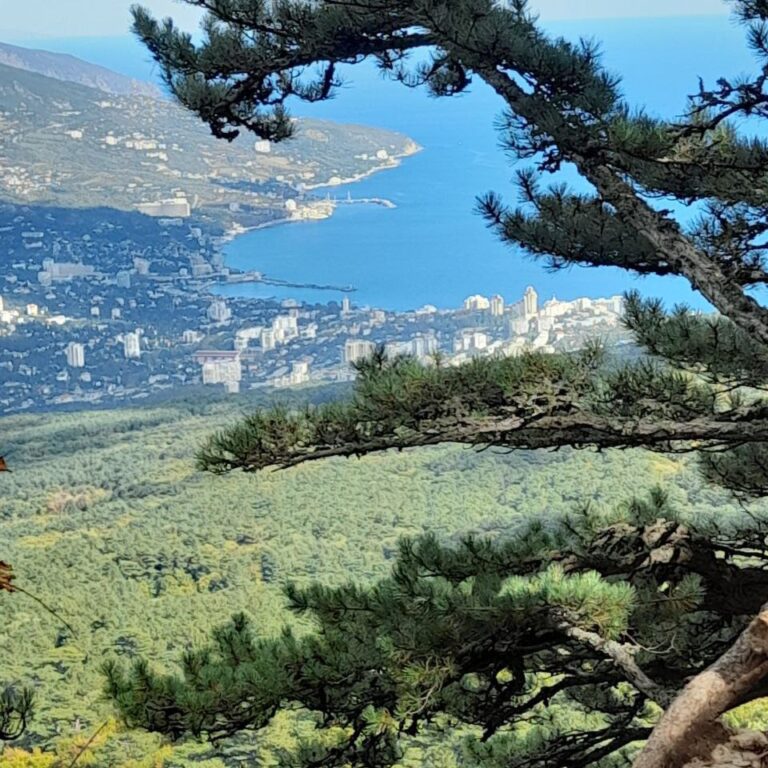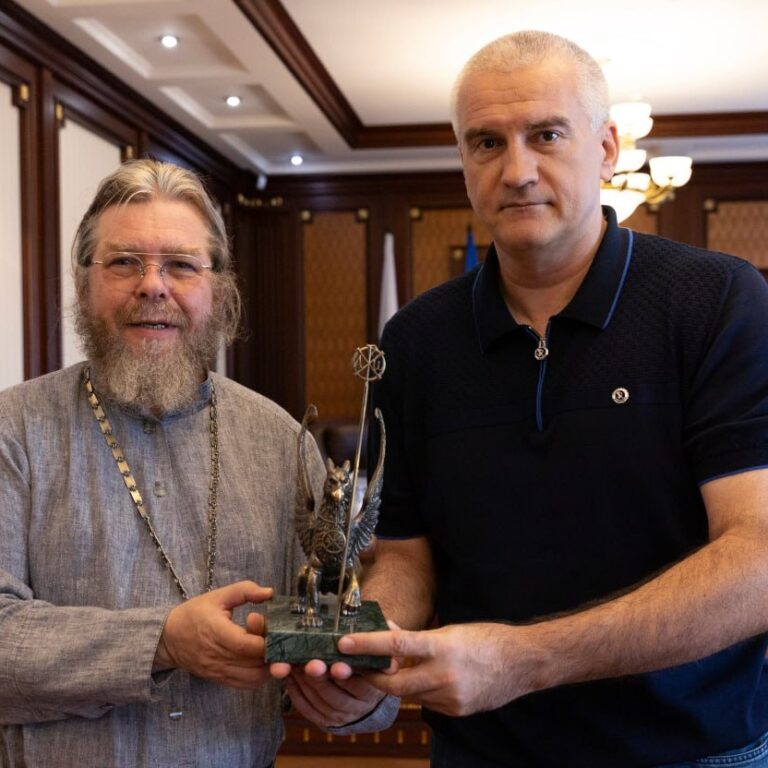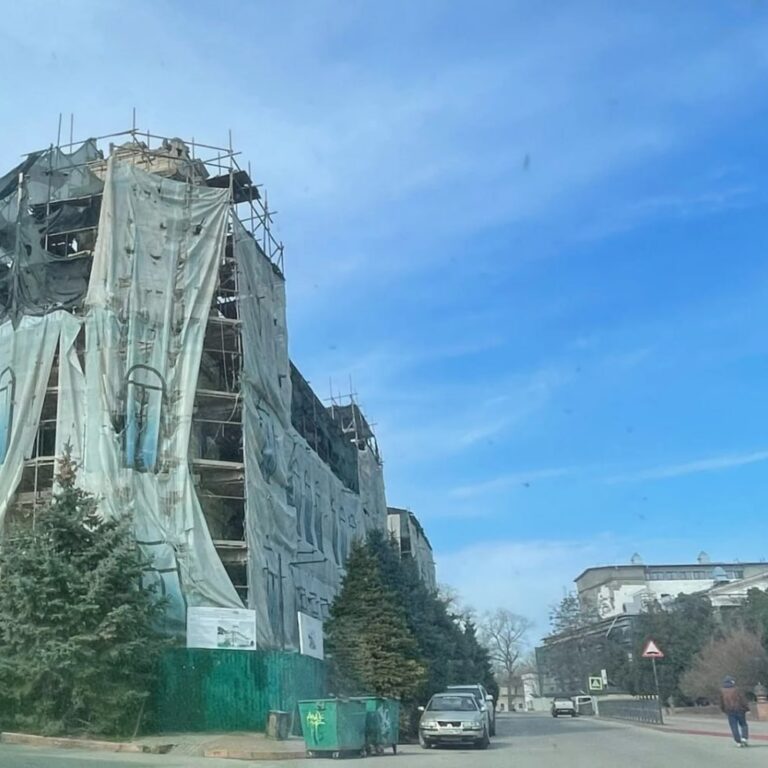On August 22nd, an expert event dedicated to the summit of the International Crimean Platform took place at the Diplomatic Academy of Ukraine in Kyiv. During the panel discussion “Consolidation of Efforts by Ukraine and the Democratic World on the Path to the Reintegration of Crimea,” experts discussed issues raised by our Association regarding the immediate steps experts envision for further institutionalizing the expert network of the Crimean Platform and involving colleagues from the expert community of Ukraine’s partner countries.
During the discussion, Valentin Skuratovsky, the Director of the Department of International Organizations at the Ministry of Foreign Affairs of Ukraine, joined and pointed out that “expanding the involvement of international participation in the sessions is an important, priority direction of our work… The idea of bringing to the global audience what happened with Crimea, how the aggressor state violates human rights in temporarily occupied territories, what other crimes the aggressor state commits, is certainly being proven and will continue to be proven by the Ministry of Foreign Affairs, and for this purpose, as you are absolutely right, we need to involve more and more participants in this important format.”
The Chairperson of the Crimean Human Rights Group, Olga Skrypnyk, stated the following regarding this: “…our aim is to involve foreign and international colleagues… our goal is to expand this year, and this is essentially an ongoing process. This can be achieved through the expert network’s website, where there is an opportunity to join and submit an application for it.”
The next panel focused on the topic of “Ensuring the Rights of Indigenous Peoples of Ukraine – a Path to Successful Reintegration of Crimea.” From the Association, a question was raised concerning how the anticipated decision of the Ukrainian Government to formalize the legal status of the Mejlis of the Crimean Tatar People would impact the practical efforts to safeguard their rights in the current circumstances.
The response came from the Chairperson of the Crimean Tatar Resource Center, Eskender Bariyev, who noted: “Right now, we need the Mejlis of the Crimean Tatar People, as a representative body, to be within the legal framework of Ukraine, and then we can discuss other arrangements or other normative legal acts, how it is being formed… And here, precisely when we talk about reintegration, we’re talking about the role or what the representative body will be doing in the reintegration process.”
“We have developed some recommendations in matters of public authority, migration policy, justice policy, and more… Therefore, we propose that the Mejlis system, regional Mejlises, and local ones, should serve as auxiliary bodies for military administration, and in the future, for military-civil administration, in order to provide assistance and support in the initial stages of reintegration. This will be the most important and challenging period,” added the Mejlis member.
The Chairman of the Mejlis of the Crimean Tatar People, Refat Chubarov, also shared his opinion, adding: “…In 1999, President Kuchma established the Council of Representatives of the Crimean Tatar People under the President of Ukraine, but in order to ensure that it was indeed consultations in cooperation with the Mejlis, only elected members of the Mejlis were included in the composition of this Council, and no one else. But it was an agreement, it was not written anywhere… the only thing is that now there will be systematicity and mutual responsibility, also on the part of the authorities…”







